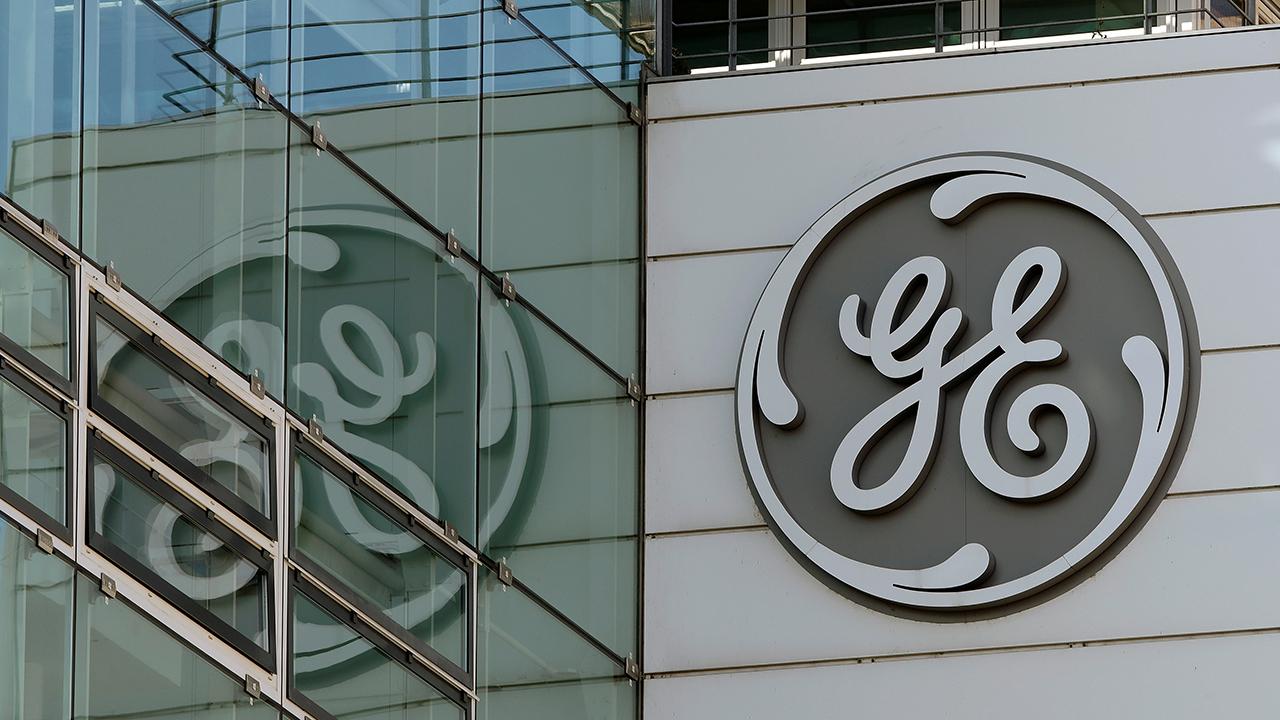GE to reduce debt further and restore dividend, CEO Larry Culp says
Newly-minted General Electric CEO Larry Culp has worked quickly to try to improve the balance sheet at the struggling conglomerate, selling off a number of key assets and tightening spending in an effort to reduce debt. And his work isn’t done.
In the first letter to investors as the Boston-based firm’s top executive, Culp listed a slew of other potential cash generators, including a sale of GE’s remaining stake in Baker Hughes. He also laid out where the company will focus its attention under his tenure: power, renewable energy, aviation and health care.
Another looming change that will likely be welcomed by investors is a reversal of Culp’s decision to slash the quarterly dividend to a penny. He noted in the letter that the firm intends to ultimately return its level to “in line with our peers.”
“We have too much debt and we need to reduce it thoughtfully and soon. Once we put our balance sheet in a healthier place, we’ll be in a better position to play offense across all our businesses,” the 55-year old CEO wrote.
Appointed to GE’s top spot in October 2018, Culp quickly built upon his predecessor’s $20 billion asset sale.
On Monday, GE finalized an $11 billion merger of GE Transportation with rail equipment producer Wabtec amid opposition from union workers and Sen. Bernie Sanders – an independent who is running for the Democratic presidential nomination in 2020. The firm plans to sell its remaining 24.9 percent stake by February 2022.
The company this week also sold its biopharma business to Danaher Corp. for $21.4 billion, a transaction Culp said “demonstrates that we are executing on our strategy by taking thoughtful and deliberate action to reduce leverage and strengthen our balance sheet.”
GE had also planned to conduct an initial public offering of its health care sector, but that has been postponed amid the Danaher sale -- a move welcomed by some analysts.
"By shelving the IPO, GE keeps a fairly high cash conversion business in the portfolio, at least for now, and allows for a more opportunistic exit," Cowen's Gautam Khanna wrote in a note.
On top of changes to GE’s operations, Culp also slimmed down its planned new headquarters in Boston. The company plans to reimburse the state for $87 million in incentives it received.
| Ticker | Security | Last | Change | Change % |
|---|---|---|---|---|
| GE | GE AEROSPACE | 316.74 | -4.26 | -1.33% |
Analysts praised Culp's letter, but expressed a desire for additional information on GE's outlook for 2019.
"The new CEO has fully grasped that he needs to rebuild credibility with the investment community," Deutsche Bank's Nicole DeBlase wrote in a note.
Challenges still remain, however, including addressing GE Capital – the firm’s financial services unit that has been struggling since the 2008 financial crisis. In his annual letter, Culp said GE has sold $15 billion in assets in the sector that includes an airplane leasing business and insurance operations.
Still, GE held $110 billion in debt at the end of 2018 – an 18 percent decrease year-over-year. The sale to Danaher, however, makes a sizeable dent in that amount.
“Our strategy at GE Capital continues to center on de-risking the balance sheet and reducing our assets to become a smaller, more focused business,” Culp wrote.
CLICK HERE TO GET THE FOX BUSINESS APP
The company also said President Trump's tariffs on $250 billion in Chinese goods is weighing on profits in its health care division, but noted that it was seeking potential changes to its supply chain to mitigate the impact.




















